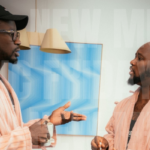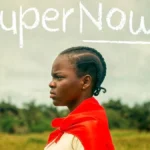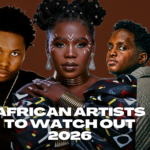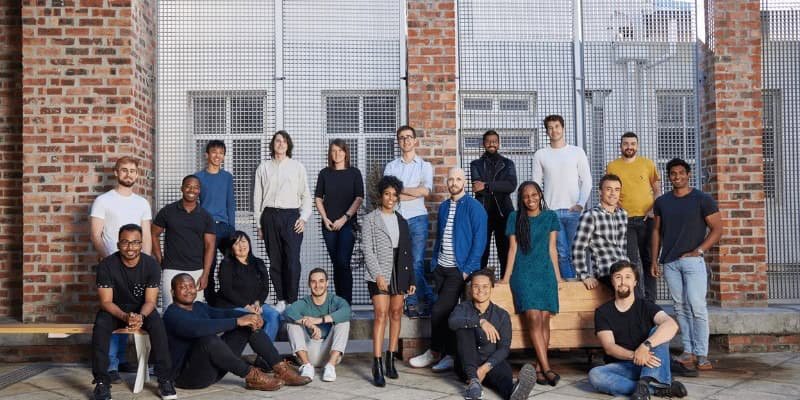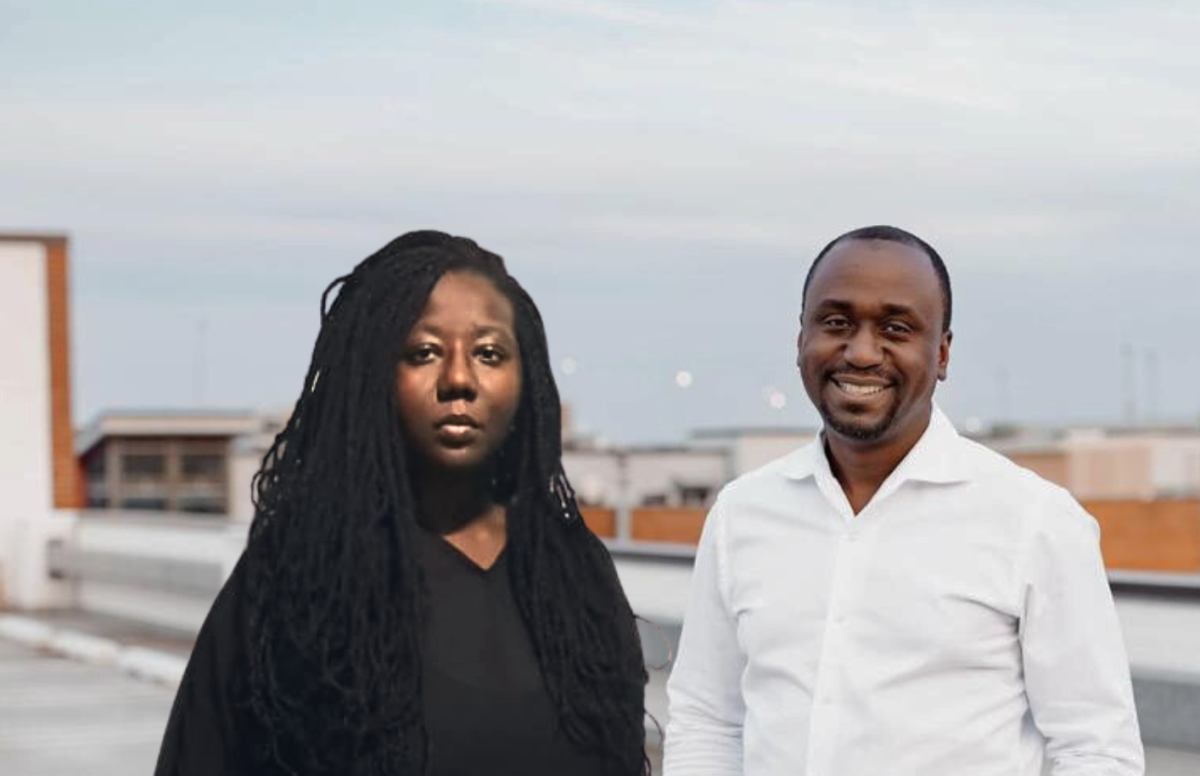Negotiations between SpaceX and South Africa regarding the licensing of the Starlink satellite service have hit a significant roadblock, with the issue extending beyond business into the realm of politics. According to a recent Bloomberg report, talks have been paused amid growing tensions between South Africa and the United States, particularly stemming from the Trump administration era. Both sides appear to be in a holding pattern, awaiting a clearer political landscape before proceeding further.
SpaceX, under the leadership of Elon Musk, has been seeking approval to operate Starlink in South Africa for some time. However, a key complication lies in South Africa’s legal requirement that foreign companies must have 30% local ownership by historically disadvantaged groups. To circumvent this, SpaceX proposed an “equity equivalents” model, where it would invest in initiatives aimed at advancing South Africa’s Black economic empowerment objectives rather than giving away a stake in the company.
South Africa’s Communications Minister, Solly Malatsi, has expressed support for updating these regulations, not just for Starlink but to attract broader foreign investment into the sector. Despite this push, the process has been anything but smooth. SpaceX was set to address public hearings this month about the new satellite licensing rules but withdrew at the last minute, adding to the tension.
Matters escalated further when Elon Musk publicly criticised South Africa’s ownership requirements, calling them “openly racist” on his social media platform, X. The backlash was swift. South African government spokesperson Vincent Magwenya made it clear that the country would not accommodate Starlink if Musk persisted with what they considered “unprogressive, racist views” and “peddling lies.”
In its submission to Icasa, the Independent Communications Authority of South Africa, SpaceX argued that the 30% local ownership mandate effectively blocks many global satellite operators from entering the market. They contend that even companies willing to adhere to empowerment guidelines are being excluded, proposing that South Africa allow equity equivalent investments, a practice already recognised in other industries.
For now, the situation remains at a standstill. While Starlink could provide substantial benefits, particularly in improving internet access for remote areas, the question remains whether South Africa will revise its regulations or if Musk’s recent comments have sealed the deal for good. The outcome of this standoff remains uncertain, leaving both companies and observers to await developments.



